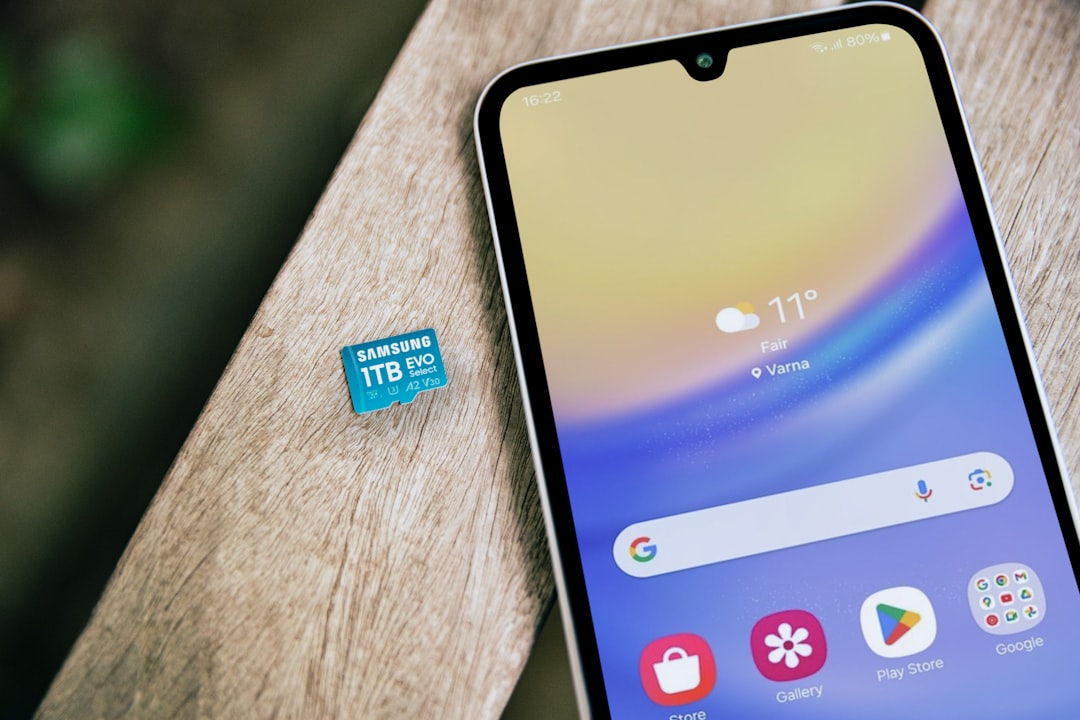In New York, the Do Not Text (DNT) program, with its state-sanctioned DNT list and strict penalties for violators, effectively cuts down on unwanted robocalls from entities like robocall attorneys and law firms. Residents can register their numbers to block automated text messages, and those facing severe issues should consult a specialized Do Not Text lawyer or law firm in New York. Reporting robocalls using dedicated tools, blocking callers, and filing complaints with authorities are crucial steps. Legal counsel from experts in consumer protection and telecommunications law is vital to navigate penalties under the Telephone Consumer Protection Act (TCPA) and state laws, deterring future intrusions. Successful cases by Do Not Text advocates have led to substantial compensation for victims and reduced robocall activity across the state.
Tired of relentless robocalls? You’re not alone. In New York, understanding and leveraging the state’s robust anti-robocall laws is crucial to putting an end to this nuisance. This comprehensive guide delves into New York’s robocall regulations, highlighting the significance of the Do Not Text Registry in preventing unwanted calls. Learn effective strategies for identifying and reporting robocallers, exploring statutory penalties for violators, and discover tips for hiring a specialized Do Not Text lawyer or robocall attorney in New York to recover penalties and protect your rights as a resident.
- Understanding Robocall Laws in New York: A Comprehensive Overview
- The Role of the Do Not Text Registry in Preventing Unwanted Calls
- How to Identify and Report Robocallers: A Step-by-Step Guide
- Exploring Statutory Penalties for Violating Anti-Robocall Regulations
- Choosing the Right Legal Representation: Tips for Hiring a Robocall Attorney in New York
- Success Stories: Recovered Penalties and Their Impact on New York Residents
Understanding Robocall Laws in New York: A Comprehensive Overview
In New York, the Do Not Text (DNT) program is a robust mechanism to combat unwanted robocalls. This initiative allows residents to opt-out of automated telemarketing calls by registering their phone numbers on the state’s official DNT list. The law, similar to federal regulations, holds strict penalties for violators who disregard consumer choices and continue to make robocalls.
New Yorkers can expect significant protections thanks to these laws. If you’ve been bothered by relentless robocalls from robocall attorneys or robocall law firms New York, you’re not alone. Many residents have taken advantage of the DNT program, ensuring they receive fewer intrusive calls. For those who’ve experienced financial harm due to persistent robocall campaigns, there’s a path to recovery through legal action. Engaging lawyers for robocall New York specializing in these matters can help individuals navigate their rights and pursue statutory penalties against offending entities.
The Role of the Do Not Text Registry in Preventing Unwanted Calls
In an effort to combat unwanted and invasive robocalls, the Do Not Text Registry plays a pivotal role in protecting New Yorkers from unsolicited communication. This powerful tool allows individuals to register their phone numbers on a list that blocks automated text messages from specific senders. By becoming part of this registry, residents can significantly reduce the volume of promotional or marketing calls they receive, offering some much-needed respite from persistent robocallers.
For those facing an excessive influx of robocalls, seeking legal counsel is a prudent step. A Do Not Text Lawyer New York, or a reputable law firm specializing in this area (Do Not Text law firm New York), can provide guidance and representation when dealing with violators. Robocall attorneys New York are equipped to help individuals navigate their rights and pursue statutory penalties for those who disregard the Do Not Text laws, ensuring that the nuisance of robocalls is not only reduced but also deterred effectively.
How to Identify and Report Robocallers: A Step-by-Step Guide
Identifying and reporting robocallers is a crucial step in combating unwanted calls, especially when seeking statutory penalties under New York law. Here’s a step-by-step guide to help you navigate this process effectively.
First, do not respond or interact with the call; many robocalls are designed to trigger responses that confirm active phone numbers. Instead, note down the caller’s information if possible: phone number, time of day, and any identifying messages or prompts. You can then utilize dedicated reporting tools provided by government agencies like the Federal Trade Commission (FTC) or New York State Attorney General’s Office. These platforms typically require detailing the call, including any recorded messages, and submitting it for review. Additionally, blocking the caller through your phone settings or enrolling in the National Do Not Call Registry can prevent future robocalls. For persistent or targeted cases involving robocall attorneys or law firms in New York, consider contacting a lawyer for robocall to explore legal remedies and potential statutory penalties under state laws, such as those aimed at protecting consumers from intrusive telemarketing practices.
Exploring Statutory Penalties for Violating Anti-Robocall Regulations
In New York, violations of anti-robocall regulations are taken seriously, and individuals or entities found guilty can face significant statutory penalties. These penalties aim to deter such practices and protect consumers from unwanted and fraudulent robocalls. When a Do Not Text lawyer or attorney in New York receives a complaint regarding robocalls, they must understand the applicable laws. The Telephone Consumer Protection Act (TCPA) is a federal law that prohibits automated telephone systems from making prerecorded calls to mobile phones without prior express consent. In New York, additional state laws further reinforce these protections, ensuring consumers’ rights against intrusive and unwanted communication.
Robocall attorneys or law firms in New York should be well-versed in the potential consequences of non-compliance. Fines can range from $500 to $1,500 per violation, with treble damages allowed under certain circumstances. This means that victims of robocalls may recover three times the actual damages suffered, making these cases financially attractive for those seeking justice. Consumers who have been affected by unwanted robocalls can take action by filing a complaint with relevant authorities and seeking legal counsel from a competent Do Not Text law firm in New York to explore their statutory rights and remedies.
Choosing the Right Legal Representation: Tips for Hiring a Robocall Attorney in New York
When searching for legal assistance to combat robocalls in New York, it’s vital to select a robocall attorney or law firm with expertise in this specific area. The Do Not Text Lawyer New York (or similar) approach is not ideal as these cases require specialized knowledge. Look for practitioners who focus on consumer protection and telecommunications law, as they’ll be most equipped to navigate the nuances of robocall regulations in New York State.
Consider asking potential lawyers about their experience handling similar cases, their success rates, and understanding of statutory penalties. Ensure they stay updated with the latest legal developments related to robocalls, as this field is constantly evolving. Choosing the right advocate can significantly impact your outcome, so take time to research and interview several candidates before making a decision. Remember, you want someone dedicated to fighting for your rights against unwanted automated calls.
Success Stories: Recovered Penalties and Their Impact on New York Residents
In recent years, numerous New York residents have found solace and justice through successful legal actions against relentless robocallers. These cases, often handled by dedicated robocall attorneys in New York or represented by Do Not Text lawyers, have resulted in substantial statutory penalties being recovered. The impact of these victories is profound; it not only compensates victims for their invaded privacy but also serves as a deterrent to potential violators.
The penalties recovered from these cases have contributed significantly to the state’s efforts to combat unwanted telemarketing calls. With each successful lawsuit, Do Not Text law firms in New York send a clear message: robocallers will not be tolerated, and victims have legal recourse. This has empowered residents to take action against persistent callers, giving them the confidence to assert their rights under state laws, such as the Telephone Consumer Protection Act (TCPA), which includes provisions for Do Not Text listings and strict penalties for violators.






